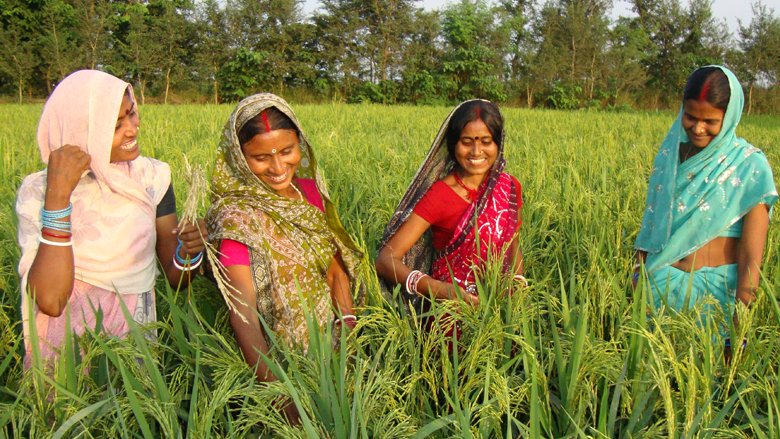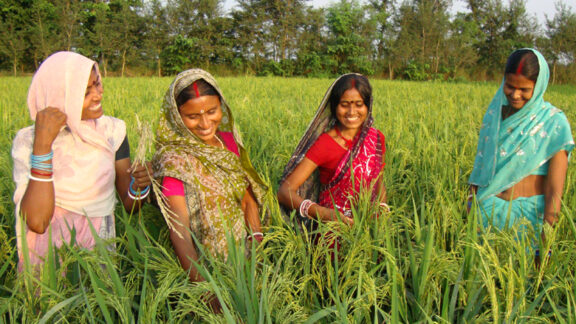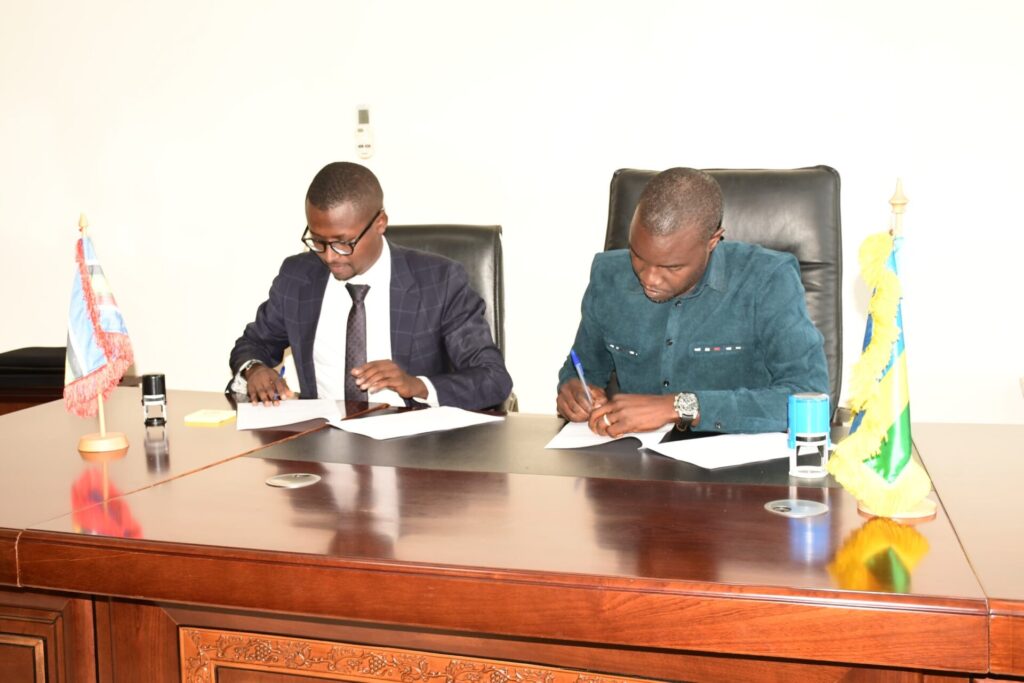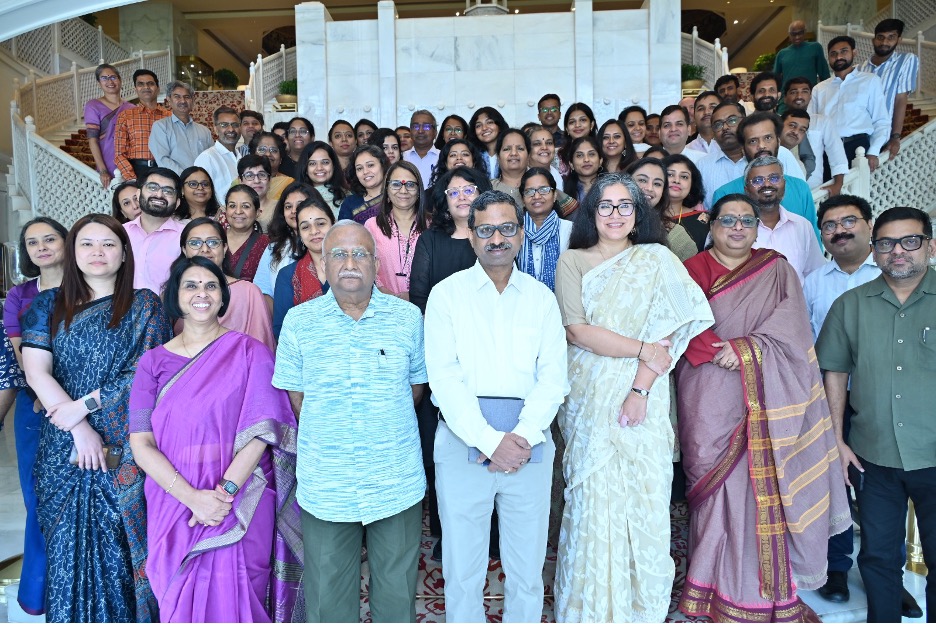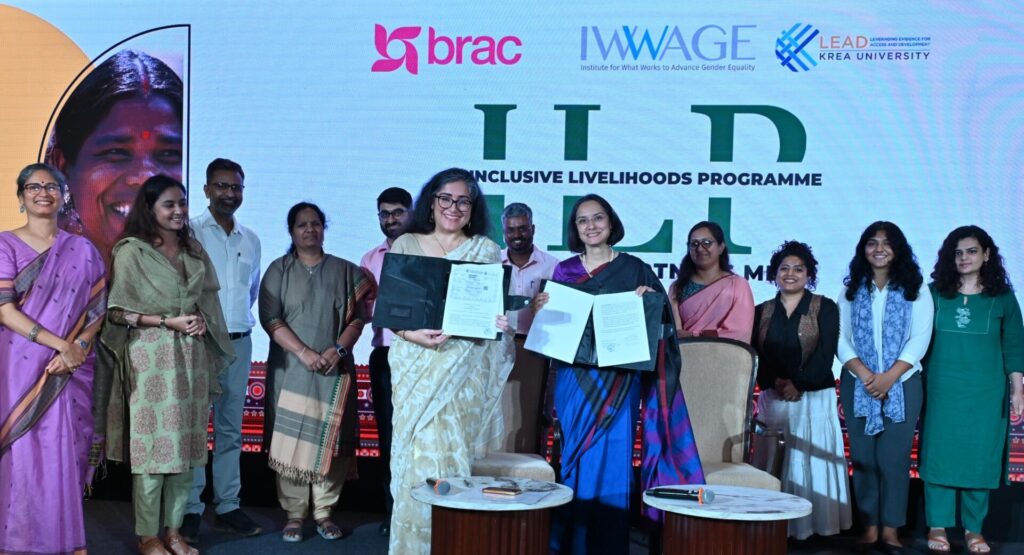Continued learning and partnership will play a critical role in extreme poverty eradication efforts in the coming years as governments re-evaluate their efforts to achieve the Sustainable Development Goals. During a recent immersion visit to learn more about JEEViKA’s Satat Jeevikoparjan Yojana (SJY) program, followed by the Inclusive Finance India and Livelihoods India Summits hosted by ACCESS Development Services in New Delhi, BRAC UPGI reaffirmed its commitment to learning and its goal to see high-quality Graduation programs scaled by governments. The in-depth conversations with program staff, fireside chats, and engaging panels throughout the week emphasized the importance of interministerial relationships as well as the power of partnerships between existing government agencies and civil society.
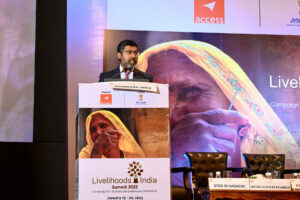
Bihar’s SJY program, which was launched by the Bihar Rural Livelihoods Promotion Society (BRLPS), known as JEEViKA, serves as an excellent example of a top down, bottom up approach to poverty eradication. The SJY program reaches nearly 140,000 of the state’s poorest households that are vulnerable to extreme poverty or have suffered a recent shock that has pushed them into extreme poverty. The program also leverages JEEViKA’s thirteen years of social and economic empowerment work, as well as local communities groups and structures. This makes it one of the largest scaled Graduation programs in the world, which recently – celebrated “graduating” 25,000 households from the program.
The SJY program in Bihar, and other large scale, multifaceted programs around the world, highlight how Graduation can be integrated into existing government programs for a more comprehensive approach to poverty alleviation. Leveraging existing resources allows for a more cost-effective program in the long run. The SJY program relies on members of the community to serve as front-line implementers, and leverages existing financial inclusion infrastructure and community governance groups to ensure long-term impact long after participants exit the formal program. The program takes advantage of the strong, historic federated system within Indian society to organize informal Self Help Groups (SHG) to collect basic savings, help members access loans, and provide a platform to develop social empowerment and leadership skills. These feed into the larger Village Organizations (VO) and create a space for women to have more of a voice within the wider community on social and economic issues. Participants are also connected with formal Social Action Committees (SAG) who are able to assist with the procurement of assets for participants, health subcommittees to connect with life-saving services and funds for the entire households, and livelihood committees to monitor the progress participants are making in their agricultural, livestock, and non-farming activities.
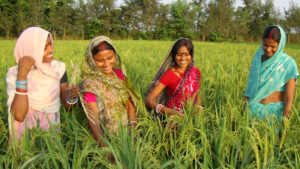
For over a decade JEEViKA has invested heavily in Master Resource Persons (MRPs), which has also been directly integrated into the design of SJY. These MRPs (or coaches), often still in university or post Graduate programs, provide services to participants that address their basic needs, build resilience to health and environmental shocks, monitor progress, and empower them along the way. As members of the communities they serve, the MRPs are able to more easily navigate context-specific challenges and develop personal connections with program participants. As the MRPs in SJY exemplify, the impact and importance of coaching continues to be an extremely effective tool in poverty alleviation programs. Despite the upfront cost, both in time and human resources, there is a strong need to continue building out this key component to ensure long-term impact and context-specific adaptation.
It is these intentional programmatic integrations that have allowed SJY to grow to scale and foster a much more inclusive approach to poverty alleviation. By taking advantage of existing community and government infrastructure, program designers have been able to create convergence across most of SJY’s interventions, setting itself apart from other programs that often attempt to create standalone programs built on entirely separate verticals.
Following the immersion visit to JEEViKA program sites in order to expose social protection officials from other countries to similar programs in different country contexts, Assistant Secretary Florentino Yee Loyola Jr. of the Philippines Department of Social Welfare & Development observed, “I was very impressed with the convergence within SJY and the ability to stick to the time bound aspect of the program.” BRAC International looks forward to creating more South-South learning opportunities for policymakers to support poverty eradication.
While the road to ending global extreme poverty remains challenging, there are promising indicators post-COVID that the world is building back better than before. As BRAC International Executive Director Shameran Abed stated in his keynote address during the Livelihoods Summit in Delhi, “This is not the time to feel helpless, or to give up hope. Now more than ever, we need solutions that work – solutions that empower people in poverty, and create opportunities for them to engage in sustainable, inclusive livelihoods that really do leave no one behind.” And these solutions are not far out of reach. With the largest government-led Graduation program in Bihar, India and an increasing number of States in India and Governments around the world seek long-term solutions to extreme poverty such as the Graduation approach, we remain hopeful that we can mobilize the political will necessary to scale impactful, evidence-based interventions that we know work, and reverse lost progress.

